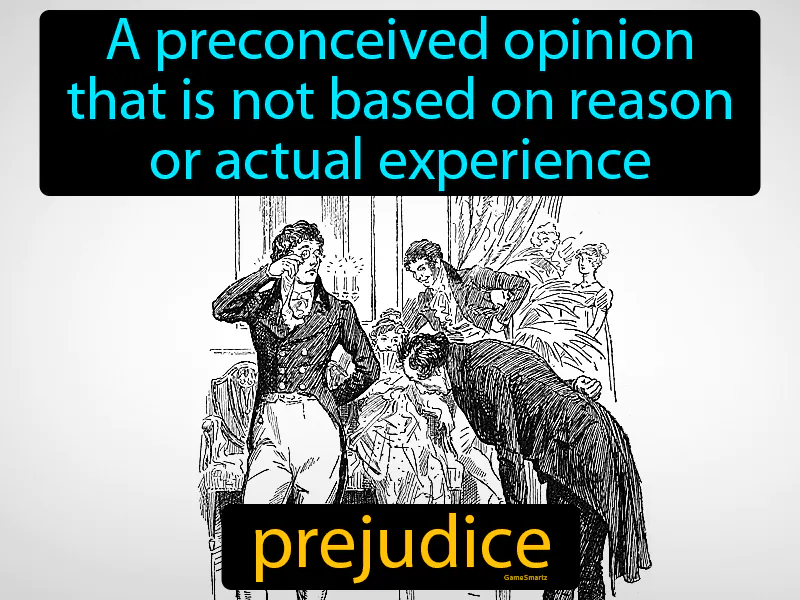Prejudice
Prejudice: Easy to understand
During the period when slavery divided the nation, prejudice played a crucial role as many people held unfounded negative opinions about African Americans, justifying their enslavement. This prejudice was important at the time because it fueled the division between the Northern states, which were largely anti-slavery, and the Southern states, which relied on slavery for their economy. Prejudice responded to the fear of losing economic power and cultural dominance by creating an "us versus them" mentality. Today, prejudice still matters because it can lead to discrimination and unfair treatment based on race, religion, or other characteristics. For example, someone might face prejudice at school if classmates make assumptions about their abilities based on stereotypes, which can affect their confidence and opportunities.

Practice Version

Prejudice: A preconceived opinion that is not based on reason or actual experience. Prejudice. In history, prejudice is when people are unfairly judged or treated poorly because of characteristics like skin color, religion, or nationality.